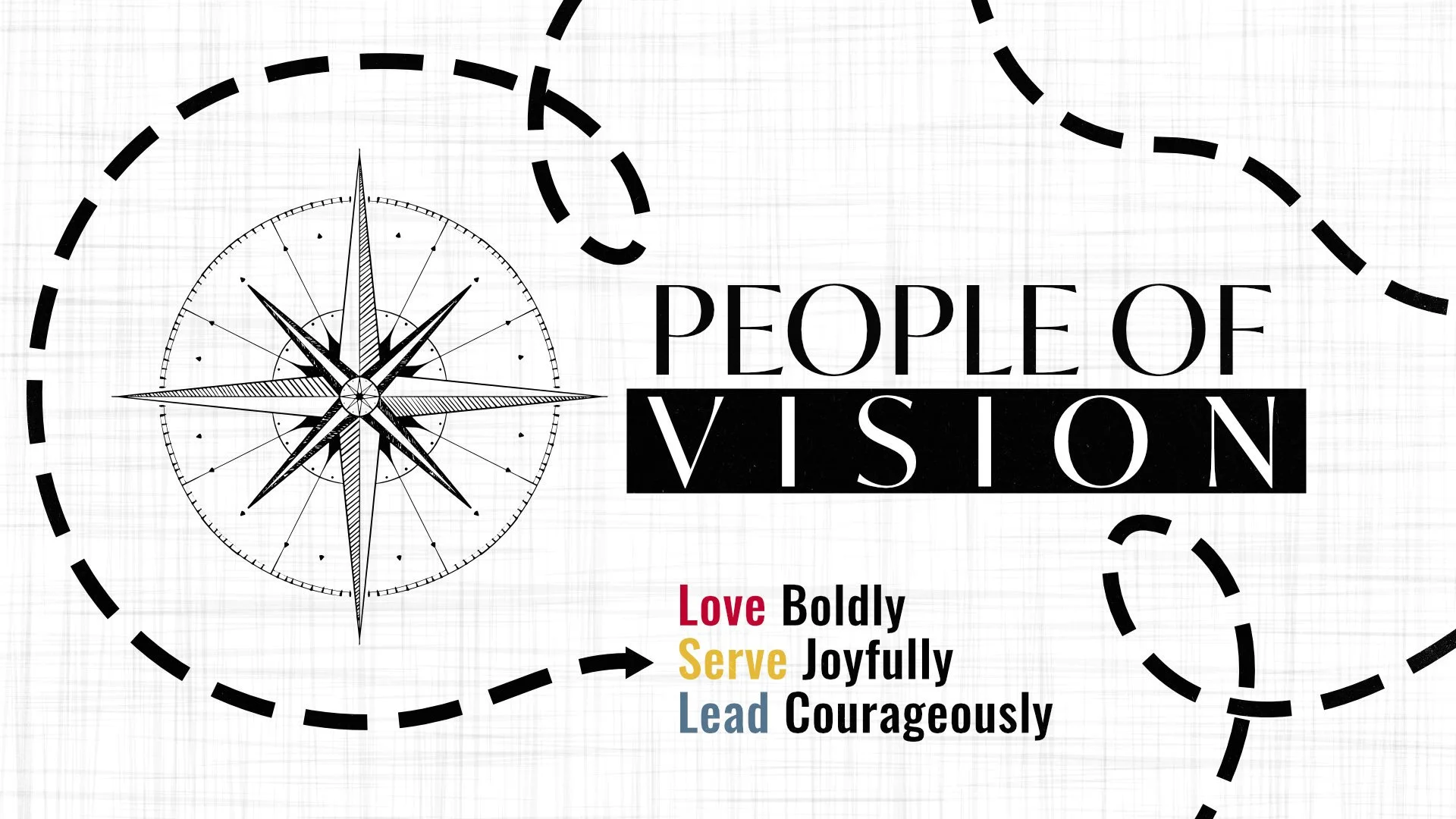What Matters Most: Love God, Love Others
“One of them, an expert in the law, tested him with this question: “Teacher, which is the greatest commandment in the Law?”
Jesus replied: “‘Love the Lord your God with all your heart and with all your soul and with all your mind.’ This is the first and greatest commandment. And the second is like it: ‘Love your neighbor as yourself.’ All the Law and the Prophets hang on these two commandments.””
We live in a time of information overload. For many of us, the number of emails, texts, and calls we receive daily feels like drinking from a firehose. Commercials on television, streaming services, and radio add to that. Then, all the social media posts come, making the firehose feel like a tsunami. With so much information flooding our brains, we often spend time trying to drill down to what’s essential. How do we filter through so much material to determine what’s necessary and what’s important?
As we navigate our struggles, many are grappling with questions related to faith. What is necessary, and what is important? While searching for answers online may offer some assistance, how do we sift through the countless pages of information to discover what is true and meaningful? There are numerous pastors and churches online sharing their perspectives. The answers we find matter more than we realize. Both the internet and libraries can provide valuable information, but how do we transform that information into knowledge that addresses our questions? Many people discover the answers to their faith inquiries through conversations with trusted friends and family. Consider this: if someone were to ask you, “What difference does Jesus make?” or “What does Jesus really want from me?” it’s essential to have meaningful responses. If those who have experienced the love of Jesus, attend worship regularly, and engage in church life cannot provide thoughtful answers to such questions, it will be challenging for those exploring faith to find what is real and reasonable.
Answering questions about faith can get complicated, often leading to a lot of biblical references and church jargon. While the answers might not necessarily be wrong, they can be confusing for someone who hasn’t attended church in a while, or ever. Many people are looking for the message of Jesus to be presented in a simple and easy-to-understand way. This brings us to the verse above. It’s a key moment where a religious leader asks Jesus to clarify the complex body of Jewish laws and practices to identify what matters most. Jesus responds by quoting two passages from scripture: we should love God with all that we are and love others as much as we love ourselves. There are certainly details that help us understand these commands more fully, but at the core of Jesus’ message is the importance of loving God and loving others. It’s simple, direct, and clear.
This month, we are exploring a series that examines the major themes in the teachings of Jesus to help us better understand His message and hopes for us. Having recently celebrated His resurrection, we are called to honor Jesus’ life and mission through our actions—spreading His message of universal love so that others may come to know Him as well. The details matter. It’s important to learn as much as possible about God’s word and how to apply it to our daily lives. However, we must ensure that we present these teachings in a clear and simple way so that we can live them out and share them in our broken and hurting world.
Pastor Scott







